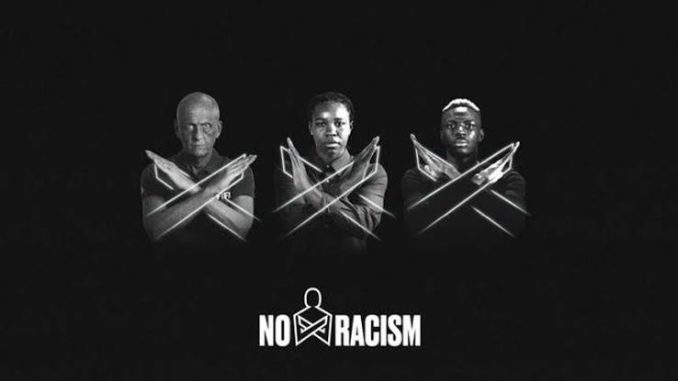

FIFA Scrambles to Address Racism Backlash with Last-Minute Messaging at Club World Cup
June 19 – Under mounting international pressure, FIFA scrambled to revive its anti-racism messaging at Wednesday’s Club World Cup fixtures, coinciding with the United Nations’ International Day for Countering Hate Speech.
After facing criticism for the conspicuous absence of anti-racism content during the tournament’s early stages, FIFA abruptly aired video messages before two high-profile matches — Manchester City vs. Wydad Casablanca in Philadelphia, and Real Madrid vs. Al Hilal in Miami. The videos included reminders of FIFA’s “Football Unites the World” campaign and highlighted the governing body’s anti-racism protocols.
Notably, FIFA promoted its so-called “universal anti-racism gesture” — a crossed-arms symbol introduced last year in Bangkok — though the gesture remains largely unused in actual matches. Wednesday’s gesture, while symbolic, appeared to many as reactive rather than proactive.
FIFA packaged the messaging under the banner of the UN’s hate speech awareness day. In a statement, the organization reiterated its commitment to a game free of hate, spotlighting initiatives like its Social Media Protection Service (SMPS). However, the messaging will reportedly disappear again for the remainder of the tournament, raising eyebrows about the sincerity of FIFA’s commitment.
The decision to initially sideline anti-racism content in the U.S. — a country grappling with its own racial and political tensions — has triggered intense debate. Critics point to FIFA President Gianni Infantino’s growing alignment with U.S. political figures, including former President Donald Trump, who dismantled federal diversity and inclusion programs during his term.
While Infantino appeared alongside football legends in the video, urging unity and vigilance against racism, the move is being seen by many as damage control — a gesture of necessity rather than conviction.
For FIFA, the question now isn’t just about messaging, but
credibility.
Leave a Reply